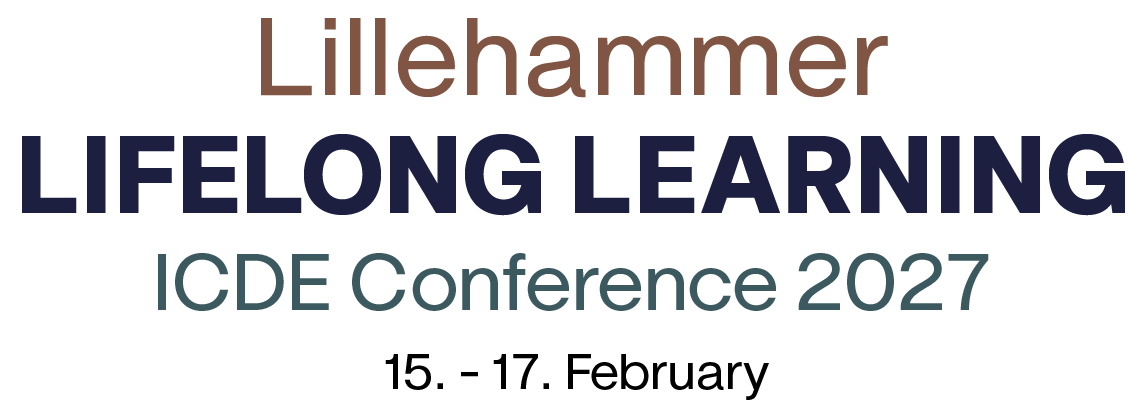
SCOPE & TOPICS
The Lillehammer Lifelong Learning Conference 2027 will bring together a broad international community to explore key trends, challenges, and innovations in lifelong learning.
The conference builds on the Lillehammer Lifelong Learning Roadmap 2023–2027 and will address how lifelong learning systems can respond to today’s rapidly changing world - from digital transformation and demographic shifts to evolving labour market needs and climate challenges, in line with the United Nations Sustainable Development Goals (SDGs).
Conference focus areas and emerging trends:
- Recognition and integration of micro-credentials and lifewide learning to provide flexible, inclusive opportunities for competence development
- Strategies for upskilling and reskilling to meet rapidly changing labour market needs and address global skills gaps
- Tripartite collaboration between government, education providers, and industry to strengthen lifelong learning systems and partnerships
- Universal design and inclusive learning cultures to ensure accessibility and relevance for all learners
- Harnessing artificial intelligence and emerging technologies to create personalised, adaptive, and ethical learning experiences
- Career guidance and life skills to promote sustainable employability and learner wellbeing throughout life
- Sustainable development in teaching and learning practices, embedding environmental awareness and climate action into education strategies
The conference will serve as a vibrant international meeting place between education and work sectors, offering opportunities for knowledge exchange, inspiration, and practical collaboration. Delegates will engage in discussions at three levels:
- Authorities and transnational organisations – shaping policy frameworks and strategies
- The education sector and public/private enterprises – strengthening development, provision, and partnerships
- Educators and learners – advancing innovation in teaching, learning, and implementation
The conference will welcome contributions that align with its scope, encouraging dialogue across sectors and borders to advance lifelong learning for lifelong employability.

